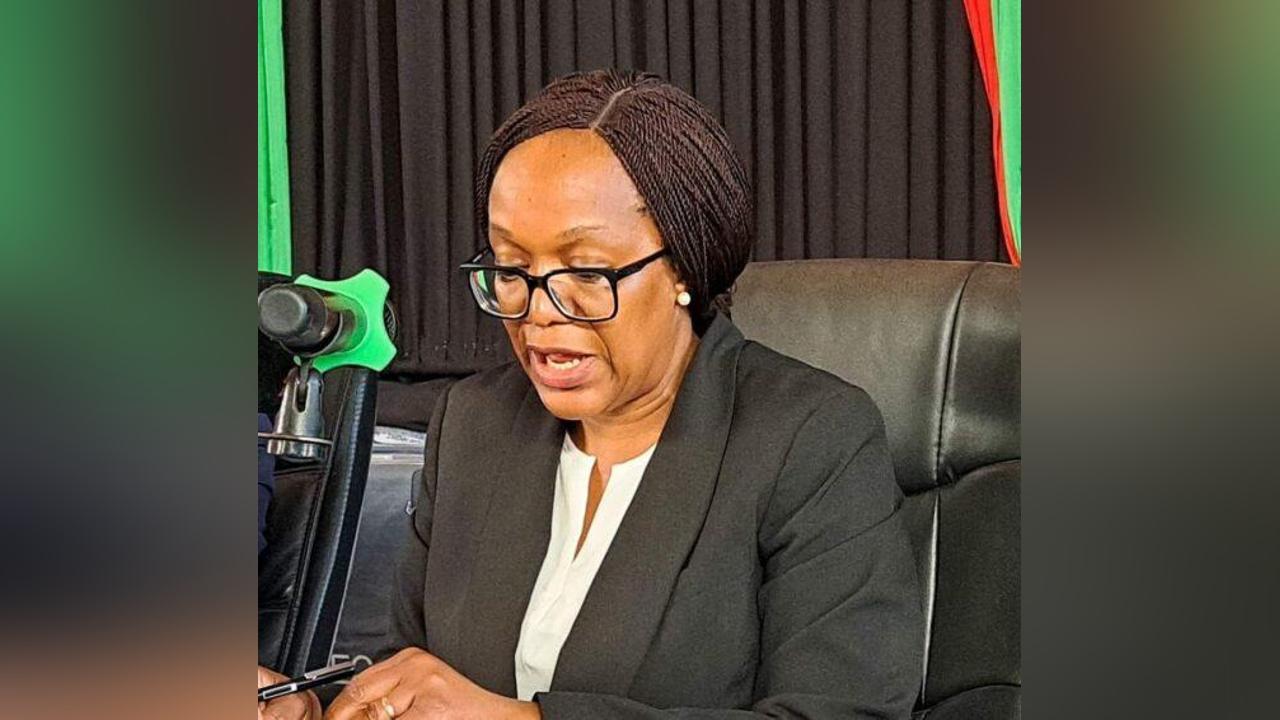Africa-Press – Malawi. The High Court has opened hearings in a judicial review case that could have profound implications for Malawi’s 2025 elections, as the Democratic Progressive Party (DPP), the UTM Party, and other claimants challenge the Malawi Electoral Commission (MEC) over its management of the electoral process.
At the heart of the dispute is the question of whether MEC’s conduct upholds or undermines the constitutional and international guarantees of free and fair elections.
Representing the claimants, lawyer Bob Chimkango mounted a legal offensive by anchoring his arguments in both Malawi’s Constitution and international human rights law. He cited Section 40(3) of the Constitution, which enshrines every citizen’s right to take part in free and fair elections, and drew parallels with global standards, referencing Article 21(3) of the Universal Declaration of Human Rights and Article 25(b) of the International Covenant on Civil and Political Rights. Both international instruments affirm that genuine elections, based on universal suffrage and free expression of the will of the people, are non-negotiable in any democracy.
Central to the claimants’ case is MEC’s use of Form 86A — a document tied to the collation and verification of results. They argue that the commission’s current approach lacks transparency and prevents meaningful auditing by stakeholders.
“If we can’t allow stakeholders to audit the system, what are we hiding?” Chimkango asked the court, laying bare the suspicion that MEC’s opacity could mask electoral manipulation.
The court has so far listened attentively, indicating that the state will be given an opportunity to respond once the claimants conclude their submissions.
What’s at Stake
This case is more than a procedural fight over paperwork. It strikes at the core of Malawi’s electoral integrity at a time when political tensions are already high. For opposition parties like the DPP and UTM, mistrust of MEC is not new — it dates back to the annulled 2019 elections, which exposed systemic flaws in electoral management.
The judiciary, therefore, finds itself once again cast in a pivotal role: acting as the ultimate arbiter between political actors and the electoral commission. The ruling in this case will not only determine whether Form 86A and other contested processes survive scrutiny, but also whether Malawians can walk into the 2025 elections with confidence that their votes will truly count.
As the hearings continue, the spotlight is firmly on MEC. If the court rules that its practices violate constitutional and international guarantees, it could trigger sweeping reforms or even delay aspects of the electoral process. If it sides with MEC, it risks fuelling perceptions of bias and further eroding public trust.
For now, Malawi waits — and watches closely — as the case unfolds, knowing that what happens in this courtroom may well decide the credibility of the September 16 polls.
For More News And Analysis About Malawi Follow Africa-Press






